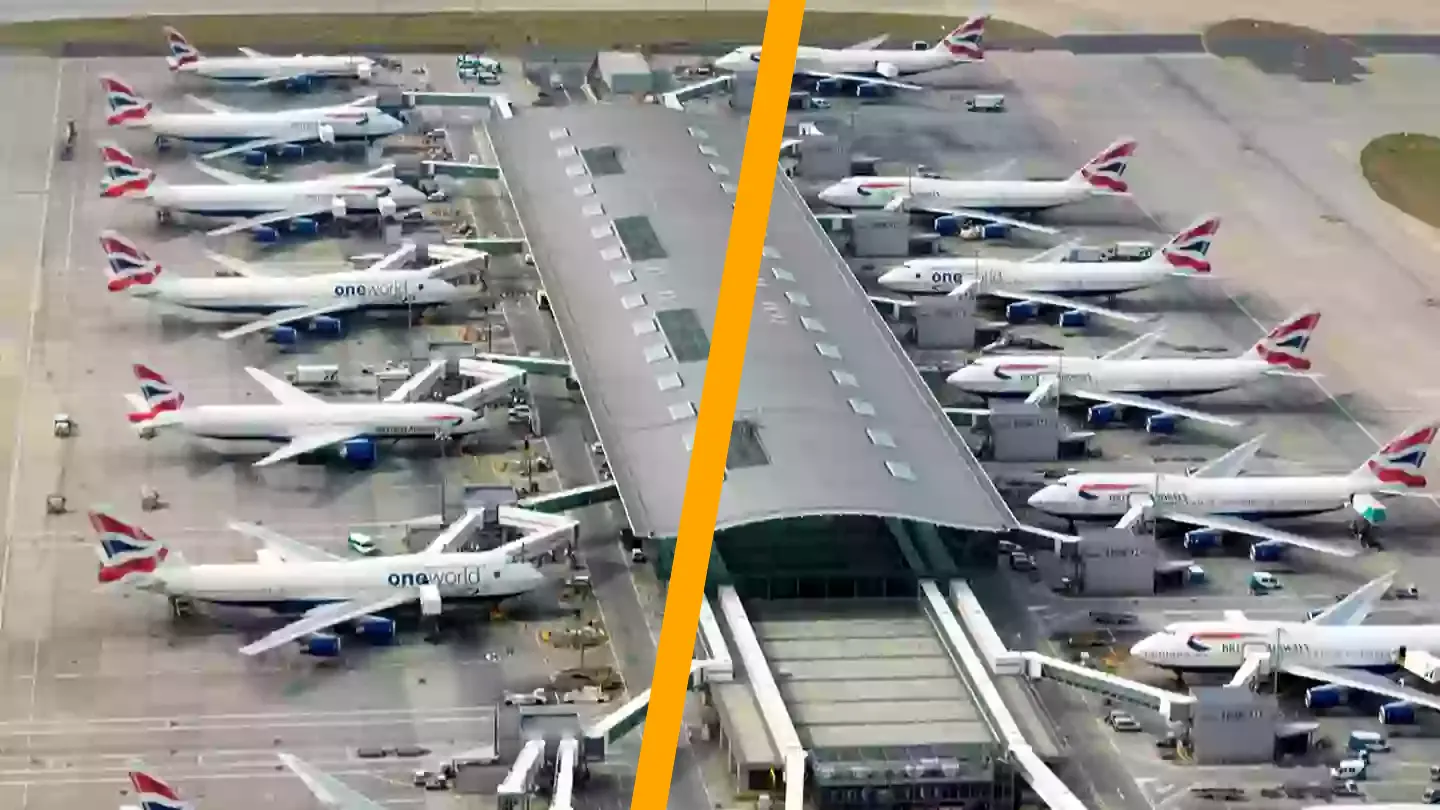A fire at the North Hyde electrical substation in Hayes, west London, UK, ignited at 11:23 PM on Thursday, March 20, causing widespread power outages that impacted Heathrow Airport and other nearby areas. As a result, more than a thousand flights were either diverted or canceled, leaving many travelers stranded and searching for alternative routes to their destinations.

While the exact cause of the fire remains unclear, Energy Secretary Ed Miliband informed the BBC that the incident also caused a failure of a backup generator, exacerbating the situation at the airport. Heathrow officials have stated that they lack “clarity on when power may be reliably restored” and the airport will remain closed until 11:59 PM, with updates to follow as more information becomes available.
Those intending to travel should anticipate “significant disruption over the coming days.” Although the issue originated in the UK, its effects are expected to ripple globally, according to aviation expert Alex Macheras.
Macheras discussed the worldwide impact of Heathrow Airport’s closure in an ABC interview. He expressed bewilderment at how such a critical incident could occur at “the world’s busiest two-runway airport.”

“This is the busiest airport in Europe, but plays a significant role in global air travel,” Macheras remarked, comparing the situation to the chaos that ensues in the UK when a minor snowstorm hits, causing everything to halt.
He emphasized that this scenario is far more severe than weather delays, as it involves “the complete and total shutdown of Britain’s Hub airport, the busiest in Europe, for the entire day.” The consequences are profound, with no flights arriving or departing from Heathrow and uncertainty about when operations might resume.
Macheras provided context by explaining that Heathrow would typically handle around 220,000 passengers in a day, with approximately 690 flight departures and 690 arrivals expected.

He further noted that the incident will have “a significant impact that will be felt globally” and raised concerns about how a fire at a single substation could incapacitate the airport so extensively, despite the presence of backup systems.
“In context, there is tremendous travel chaos when an airline like British Airways experiences an IT issue,” Macheras explained. “So you can imagine the scale of something like this, affecting not just every airline, but the whole area.”
Due to the disruption, Macheras suggested that this incident will be remembered in recent commercial aviation history as one of the most significant airport shutdowns, given Heathrow’s role in handling flights from around the world. The shutdown will lead to rerouted or canceled flights, causing financial and logistical challenges for travelers, airlines, and the airport itself.

